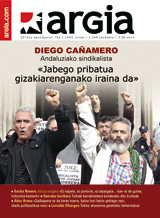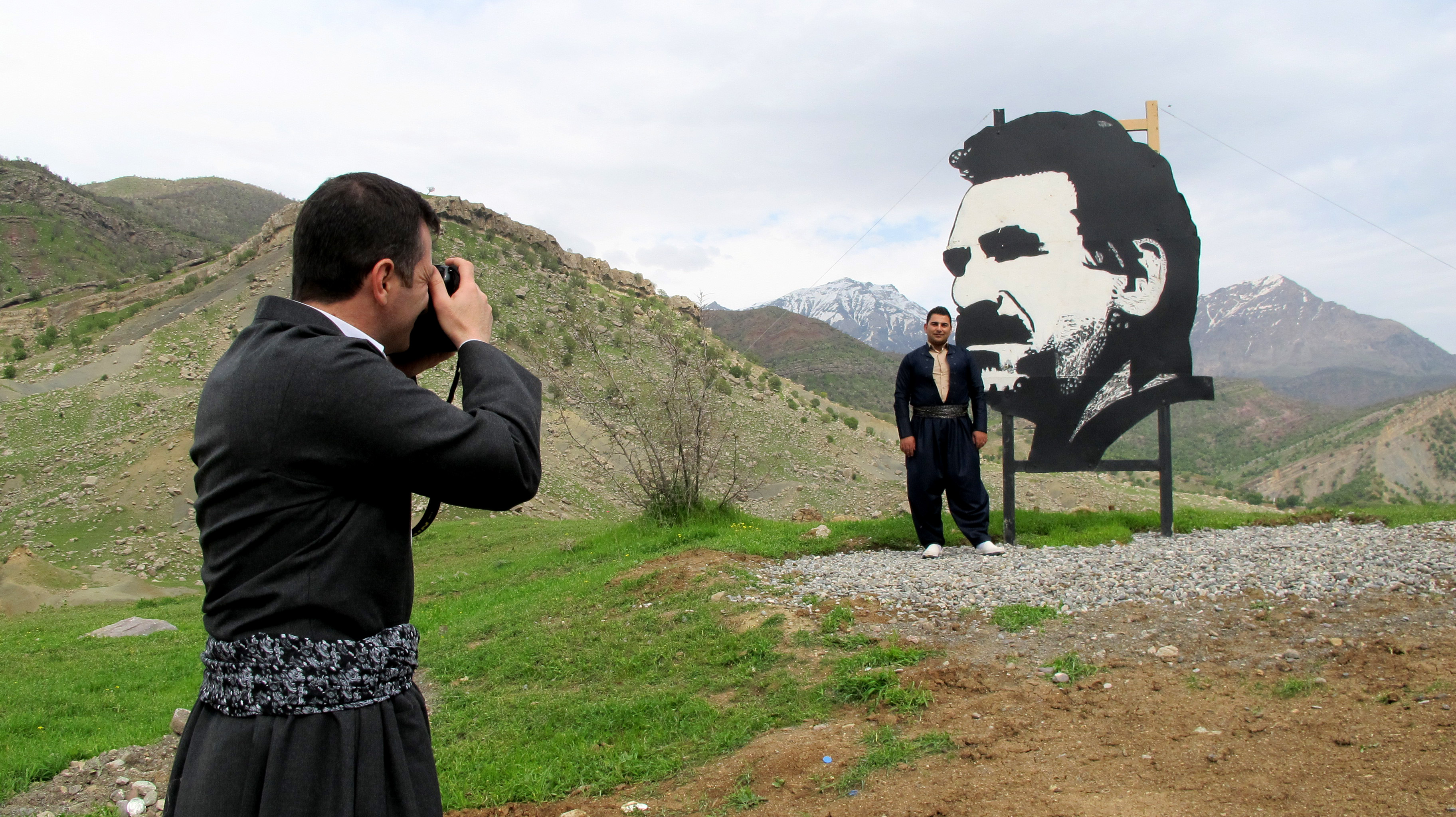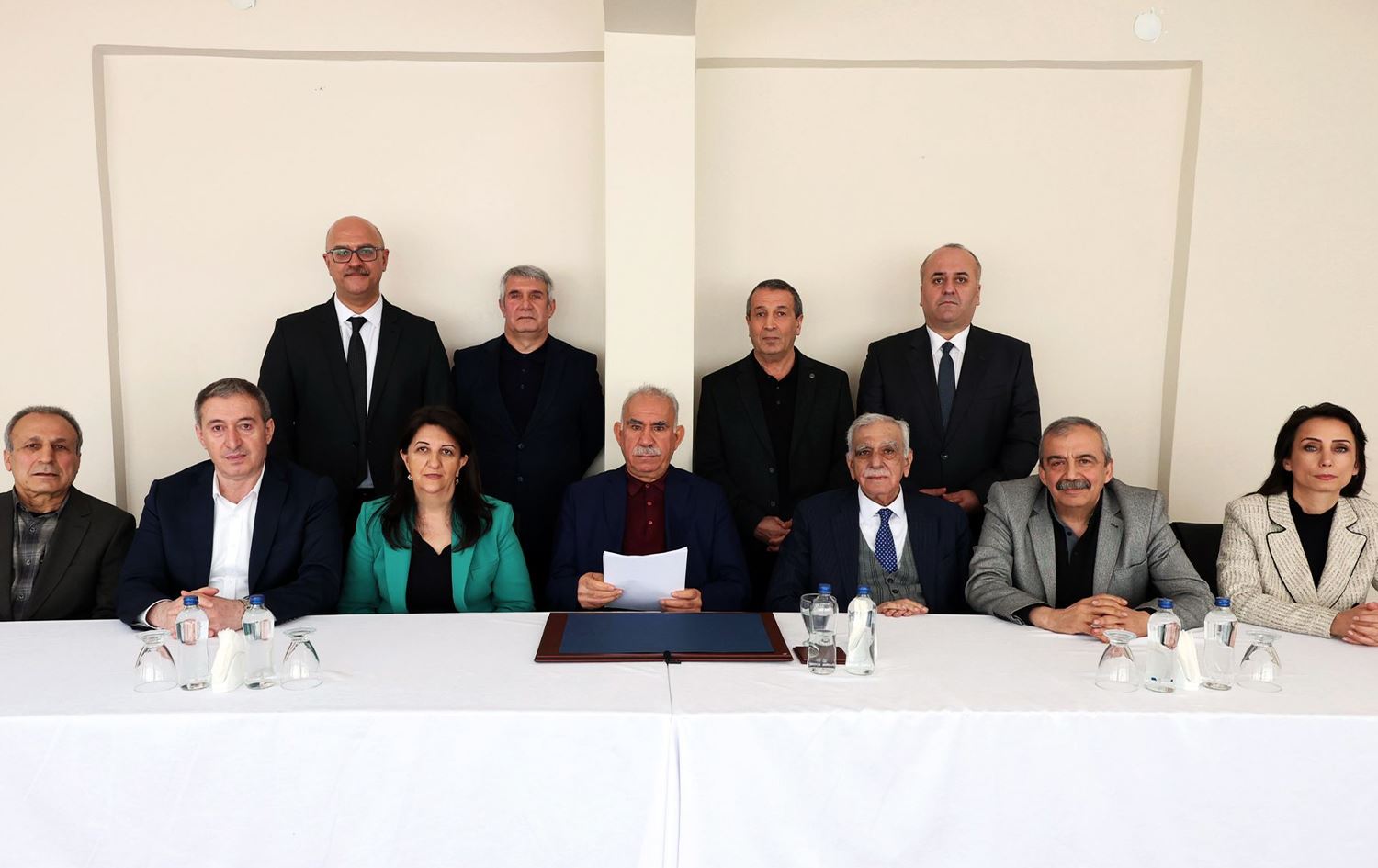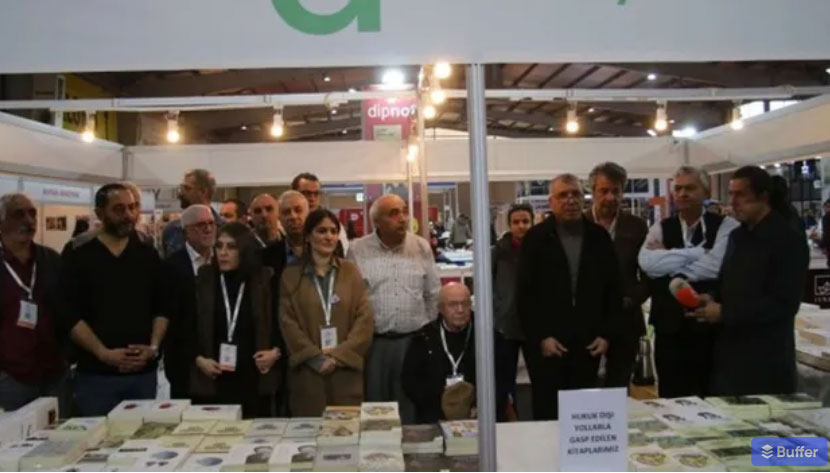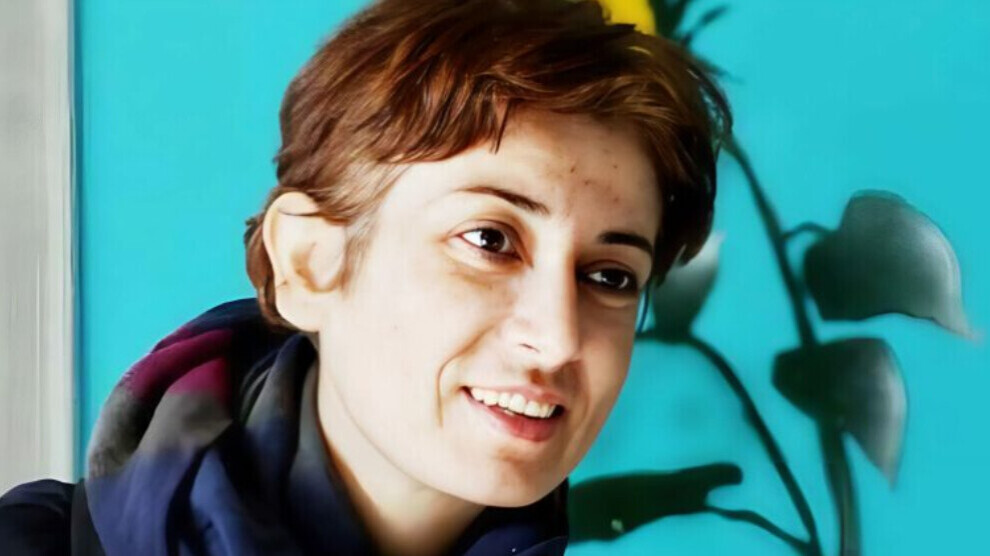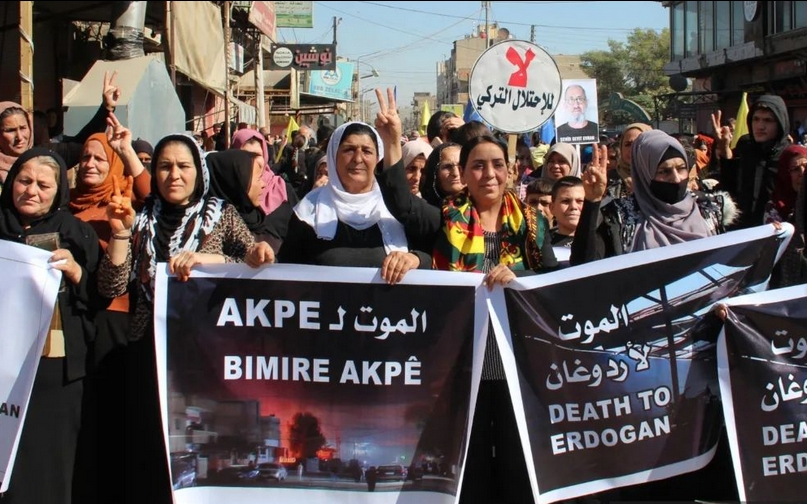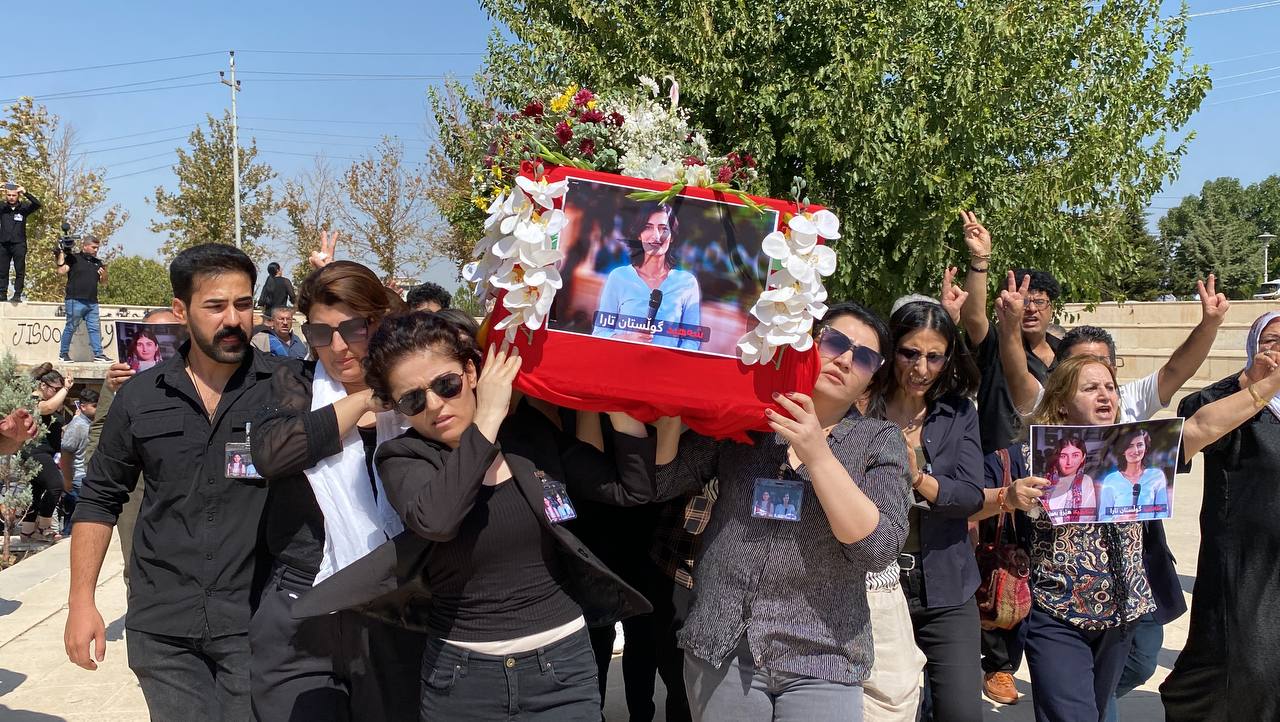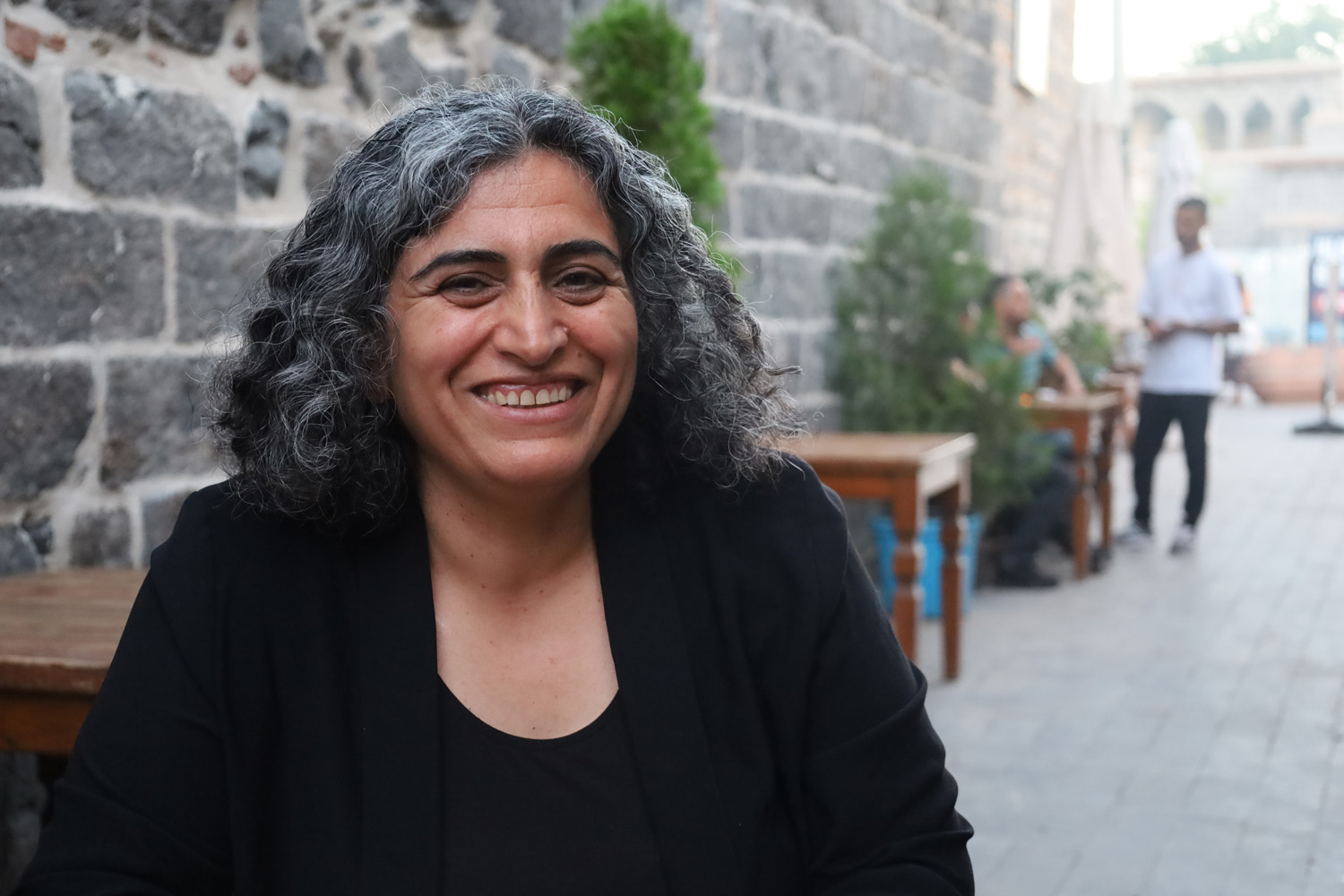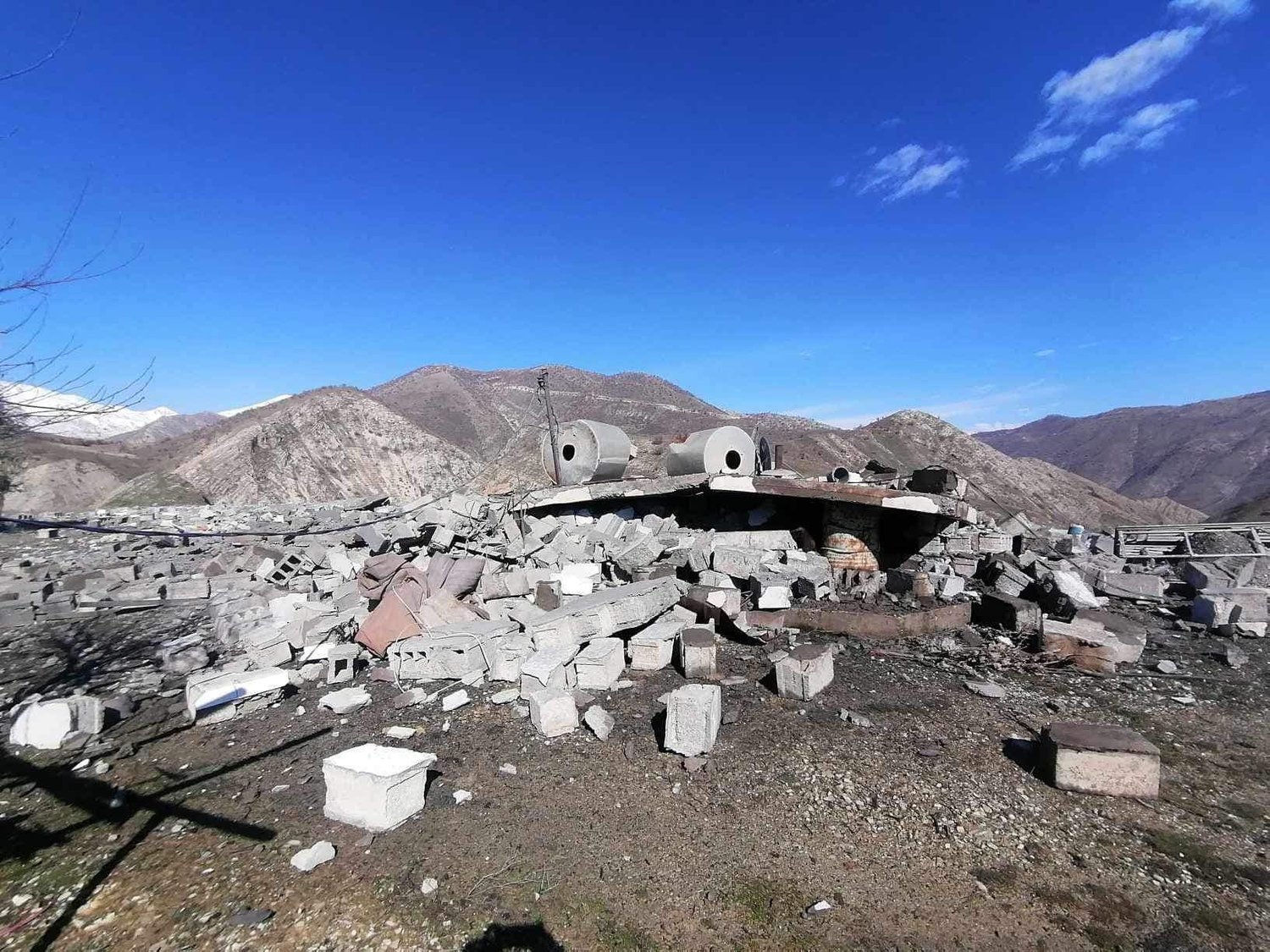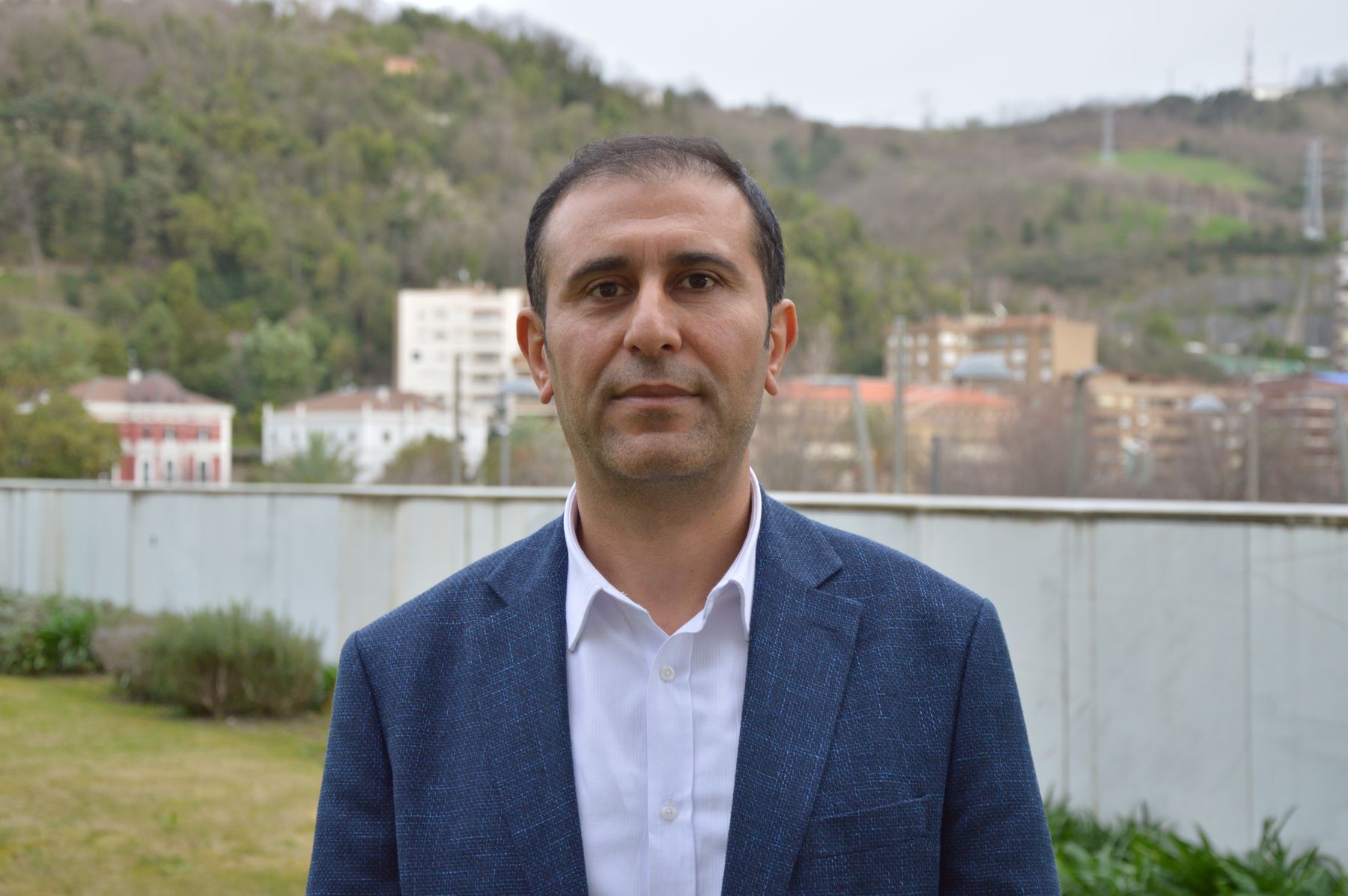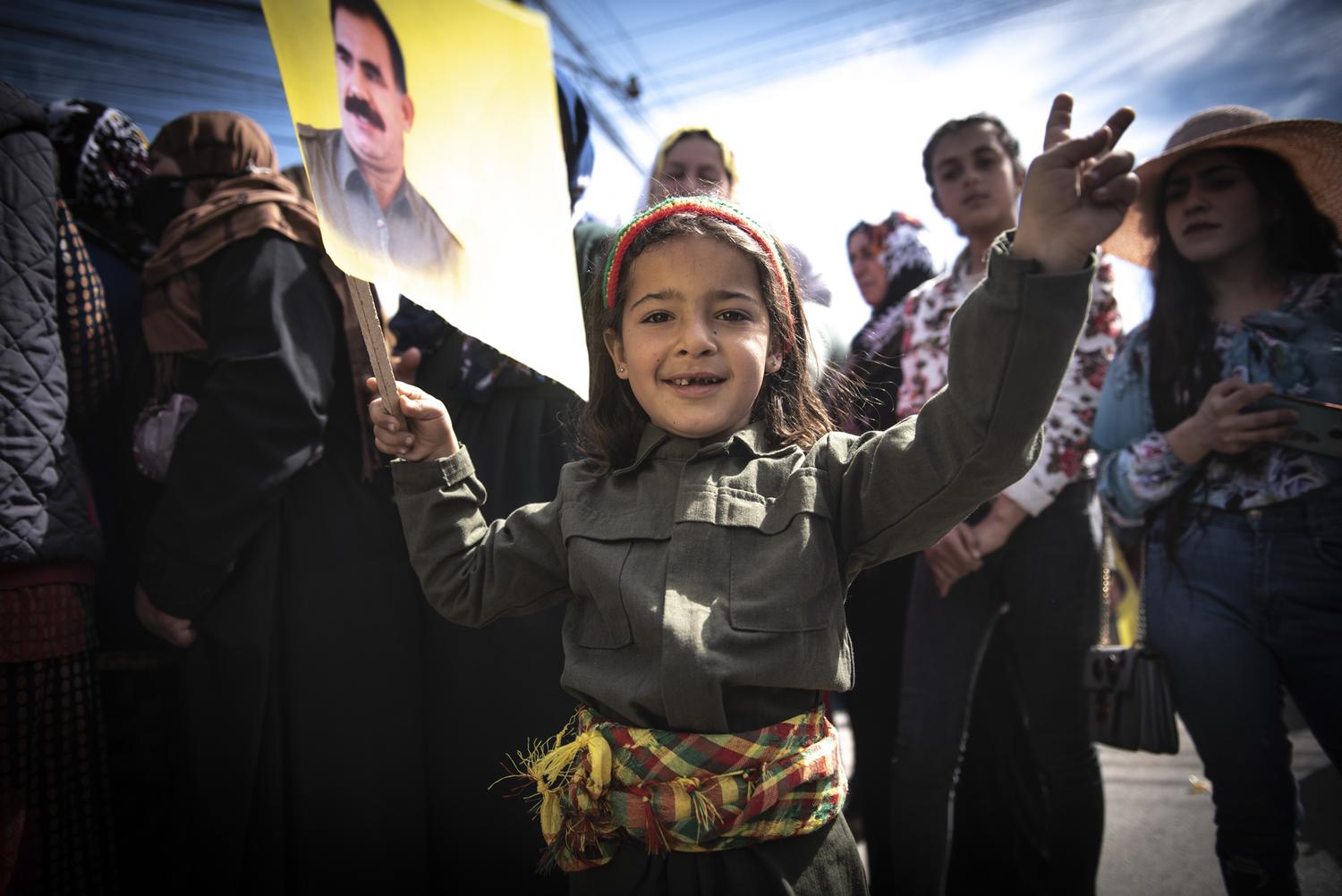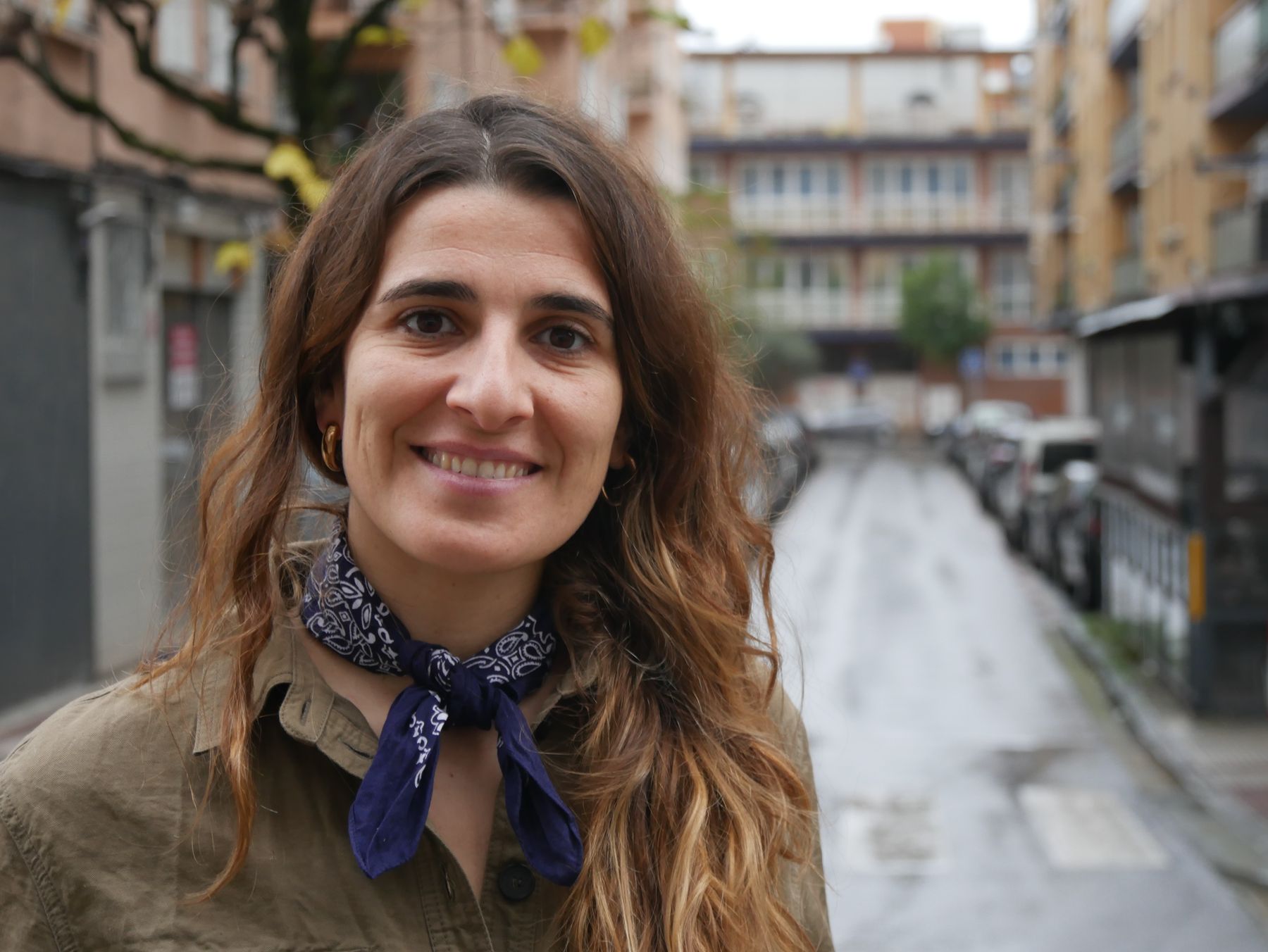The same drama on the anniversary of the earthquake
- On 23 October 2011, the city of Van in Kurdistan suffered an earthquake of magnitude 7.1. The first tremor was followed by about a hundred replicas. As a result, some 60,000 people were left homeless in the centre of the Biscay capital. After a year the reconstruction is slowing down by new problems.
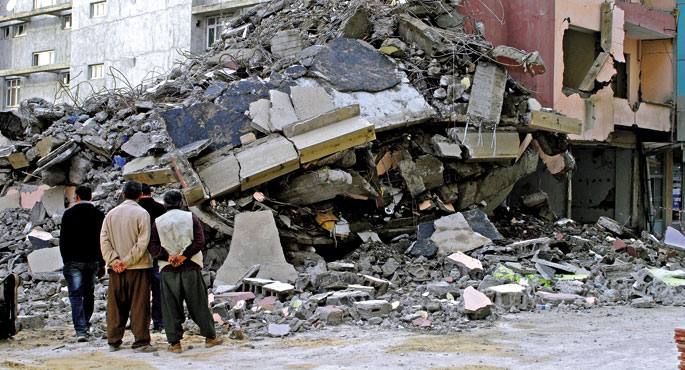
At present, the traveller who travels to Van finds the typical city of the Kurdistan region, on Turkish territory. At first glance, the phenomenon will be completely normal, but if attention is paid to it, the consequences of the earthquake will become evident. The land was clear next to each other, in a place where a year ago there was a house, an office or a store. Many of the buildings that remain standing are also empty, rendered useless by the earthquake and waiting for the demolition or dismantling turn to come. In some housing blocks, the cracks of the walls show the furniture that has remained inside, witnesses of the finished life.
On 23 October, at 13:41 hours, there was the most devastating earthquake that the city of Van has suffered in its history. The first blow, the most important, hit the Richter scale with a force of 7.1. Then came more than a hundred replicas, the most important on 9 November, category 5.7. According to official data from the Turkish Government, the number of deaths rose to 604, although local authorities estimated that they exceeded one thousand. The wounded are also thousands, 4,152, according to official sources, who have stated that they are wounded. Over 11,000 buildings were damaged and about 6,000 of them were uninhabitable
This year, citizens have made a great effort to regenerate the city, but they have found many obstacles along the way. On the one hand, the Ankara Government itself, which has not responded to similar disasters in other regions. On the other hand, the difficult political situation in this region is exacerbating the problems for local authorities.
Turkey, because of its geographical location, is an area of earthquakes. Over the past twenty years there have been more than a dozen earthquakes, of great hardship, which have caused thousands of deaths. The worst thing was in 1999, in the city of Izmit: Yesterday's earthquake shook the place with a 7.6 point force and left some 20,000 victims in the center. In view of the measures taken by the Turkish authorities in the face of this and other incidents, it is not surprising that the scant response they have had in this case may seem insulting.
Kurdish status as key
Van is the second city with the largest Kurdish population in the Turkish state. In this city of 370,000 inhabitants, at least 75% of the Kurds are Kurds. Therefore, most of those who have lost their homes are also Kurds. The Turkish Government has launched a housing campaign for those affected, as it did in other regions, but not entirely the same: the difference is in housing. The option chosen by the Government has been to sell new homes to those who lost their residence as a result of the earthquake. The lowest price, that of the ground floor, is 50,000 Turks long (about 23,000 Euros) and the most expensive 180,000 Turks wide (about 777,000 Euros). In a region where the average wage is 700 leagues, these prices are absolutely disproportionate. In addition, in Van and surroundings, the unemployment rate is 40% in the area.
Near Vane there are about thirty villages formed by barracks that function as homes. What should be an interim solution extends over time. Families who do not want to stay in the barracks have no choice but to pay the new house, or promise that they will pay it on time, but they have a hard time keeping the word. In winter, the temperature drops to 20 degrees below zero in Van and snowfall is common inside. Spending the winter in these barracks will be tough and especially dangerous for the weakest, old and children.
According to Cahit Bozbay, acting mayor of Van, “Governments often accompany their citizens. Vanen is not like that, because it is a Kurdish region. In other regions of Turkey, following the same incidents, citizens acquired unpaid housing. They didn't pay for electricity, water or tax for a year, sometimes for two or more years. Vango's neighbours continue to pay everything, even though many of the services are not yet available. The Turkish Government has not used a single Turkish lira to rebuild the city. What he did instead was put the mayor in jail. He and 37 other mayors and six parliamentarians and members of the party of other Kurdish peoples. In total, there are 8,000 political prisoners in our party.”
Cahit Bozbay is a member of the Peace and Democracy for the Kurds party. This is a legal party that condemns the violence and which, however, must be severely punished by the authorities in Ankara. The other great political party of the Kurds in Turkey is the Kurdistan Workers' Party (PKK). It is out of the law, but it continues to fight for 30 years against Turkish troops in favour of the rights of the Kurdish people. The recent clashes between combatants of this party and the Turkish army are also another factor that worsens the situation in the city of Van. So far this year, the fighting has left more than a thousand dead, so many of the inhabitants of the peasant villages have escaped from their homes to the cities. In the case of Vanen, as the situation is complicated, these new neighbors live in worse conditions than those affected by the earthquake itself.
More refugees
In addition to the Kurds in Turkey, refugees from Afghanistan and Iran also arrive in Van. These communities constitute the lowest level of society, as the Turkish Government does not recognise them as refugees. The UN has agreed to be a refugee, but has not been evacuated to other countries in recent years. The obstinacy of the Turkish authorities means that, without refugee status, housing reserved for refugees cannot be accessed, so they must obtain housing on a rental basis. However, they cannot do legal work and they really find it difficult to find a source of income to survive. In addition, they do not have a free health service.
The Turkish Government is building a camp on the outskirts of the city and has said that it is doing so to ensure that refugees have a more dignified life. But, according to Cahit Bozbay, “it’s just a prison or concentration camp, built to keep refugees in control.”
With all these problems next to him, Van is preparing for this year’s winter. The Turkish Government has received international aid to deal with the disaster caused by the earthquake, both in terms of material (tents, generators, blankets, etc.). as in money (over $10 million). But much of that money has not come to Van and the city is confronted with its scarce resources with the tasks of reconstruction and the drama of the refugees. The government will not help them, but will obstruct them by means of political, police and military oppression.
Lurrikara geopolitiko bat astintzen ari da Ekialde Hurbileko mapa. Anabasaren erdian, Abdullah Öcalanen bakerako azken deiak mahai gainean jarri du eskualdeko gatazka armatu zaharrena. Ez, aurrekariek ez diote bide ematen itxaropenari, eta historiaren trena inoiz baino... [+]
SDF kurduek gidatutako koalizioak eta Siriako Gobernuak su-etena adostu dute. SDFk Siria ekialdeko eta ipar-ekialdeko eremu zabala kontrolatzen du egun, eta hitzarmenak jaso duenez, gobernuaren esku geratuko da orain.
Abdullah Öcalan buruzagiak PKKri otsailaren 27an eskatu zion armak uzteko. Taldeak egin duen adierazpenean babes osoa agertu dio buruzagiari eta Öcalanek eskatutakoa betetzeko konpromisoa adierazi du.
Urteak iragan dira bere azken argazkia ikusi zenetik. 26 urte daramatza preso Abdullah Öçalanek Turkiako Imrali uhartean, "erakunde terroristako" buruzagitza egotzita. Ostegun eguerdian bere bideo bat ez, baina argazki berri bat zabaltzeko baimena eman du... [+]
Turkish helicopters and fighter aircraft cover the sky in the Kurdish area in northern Iraq. The Turkish Air Force has bombed 381 sites in the major military operation in recent weeks in the Kurdistan Autonomous Region (DRC). The Turkish Ministry of Defence has stated that "the... [+]









